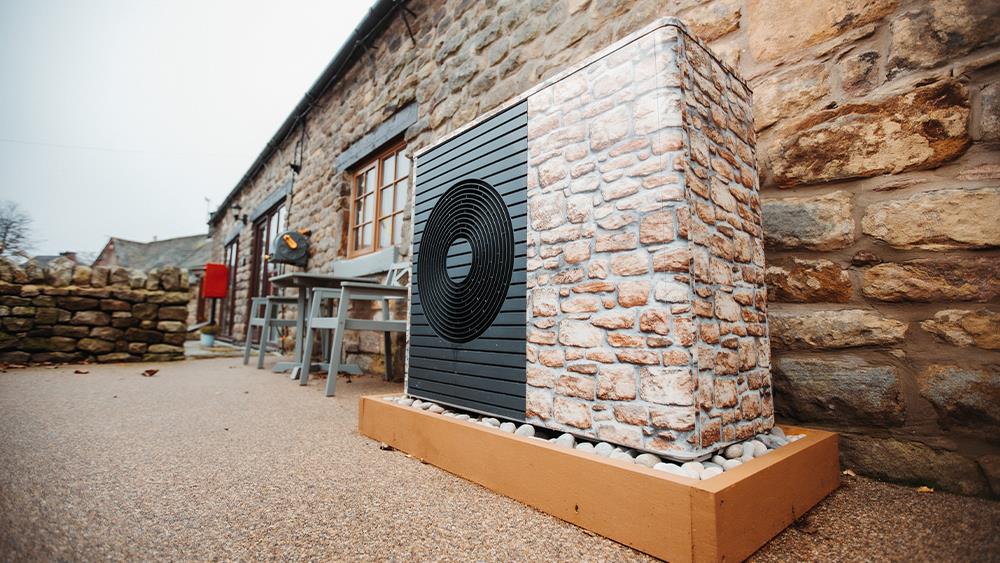

Nesta, the innovation charity, commissioned Eunomia to conduct a large-scale survey of over 2,500 domestic heat pump owners and over 1,000 domestic gas boiler owners in England, Scotland and Wales, in December 2022.
Analysis of the survey finds that among people who have had a heat pump installed while living in their current home, 81% are as satisfied or more satisfied with heat pumps compared to their previous heating system. The figure is similar (83%) when looking at heat pump owners in Victorian or older properties.
The similitudes across property type and age suggests that heat pumps are likely to be effective across the range of residential property types in Britain.
The survey reveals that, while some people take the opportunity to insulate their homes at the same time they get a heat pump installed, this is not universal. Just over half (55%) of users who had a heat pump installed also undertook building fabric upgrades, such as loft insulation, wall insulation and double or triple glazing.
The survey also finds:
Satisfaction is highest among people who chose to install a heat pump in their own homes, although the majority of those moving into a newbuild or existing property with a heat pump also say they are as or more satisfied with their heat pump.
However, the survey suggests that heat pump ‘inheritors’, who move into homes with heat pumps already installed, would benefit from more information on how to use their systems, as many had very little awareness of heat pumps before moving into their properties.
Madeleine Gabriel, Director of Sustainable Future at Nesta, said: “It’s time to put to rest outdated ideas that older homes don’t support heat pumps. The rollout of heat pumps across all property types in Britain is proving that the age of your house doesn’t have to be a big factor when deciding whether to get a greener heating system.
“Heating homes with fossil fuels like gas contribute as much as 15% of the UK's carbon emissions and so the switch to heat pumps is crucial for getting to net zero. This is the first time we’ve been able to get a fuller picture of the experiences of people keeping their homes warm with heat pumps, and the high levels of satisfaction are encouraging.
“With heat pumps getting the thumbs up from those that use them, the Government should redouble its efforts to meet the timetable it has set out for phasing out fossil fuel heating. It should be easier and cheaper for people to opt to replace gas boilers with renewable heating when a boiler reaches the end of its life.”
Nesta is calling for the UK government to:
If you'd like to keep up-to-date with the latest developments in the heating and plumbing industry, why not subscribe to our weekly newsletters? Just click the button below and you can ensure all the latest industry news and new product information lands in your inbox every week.